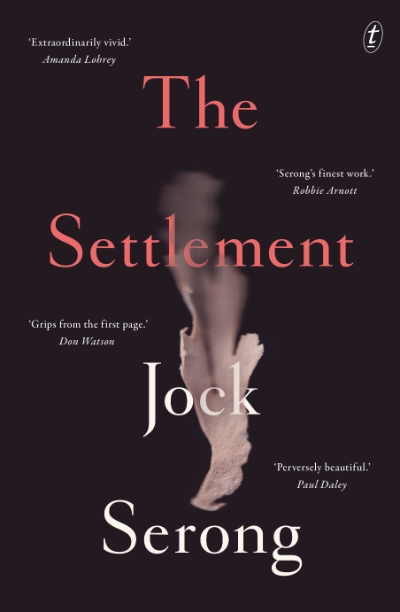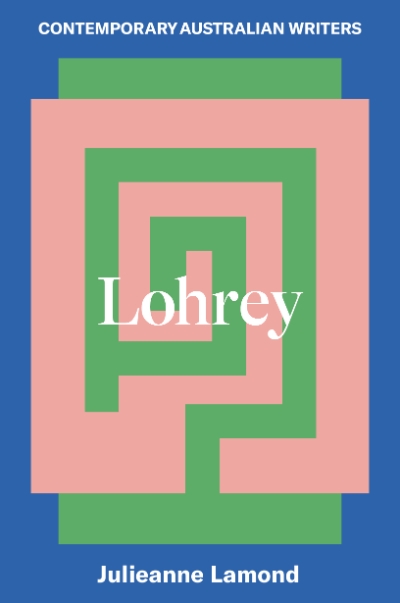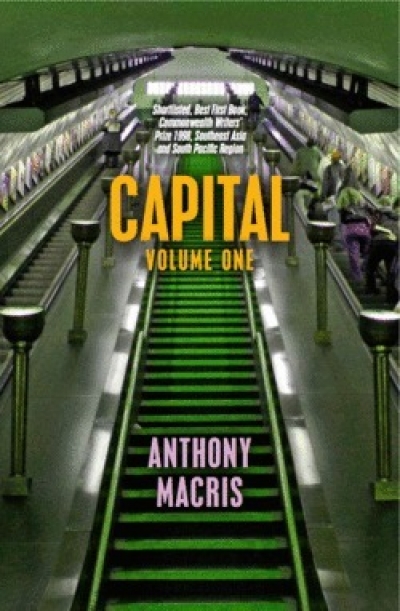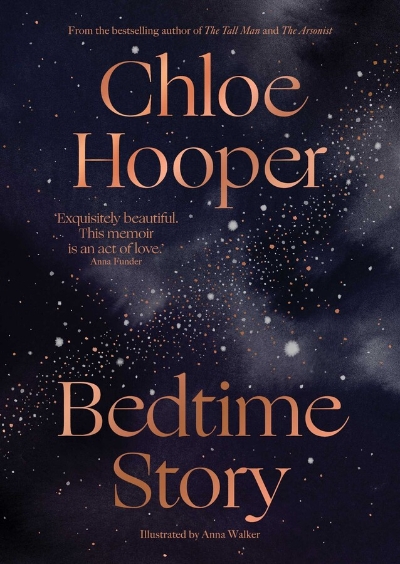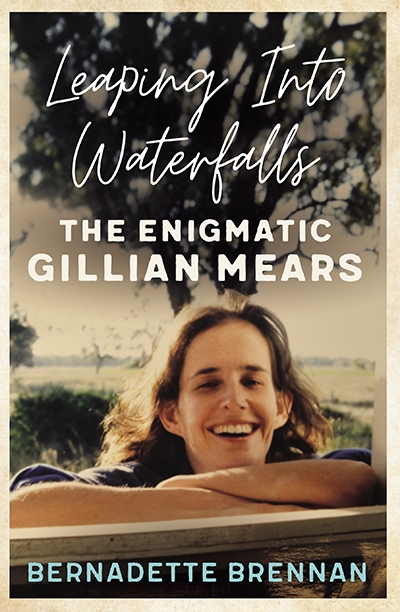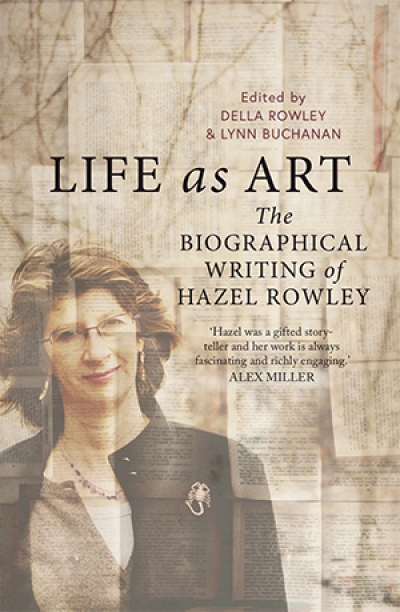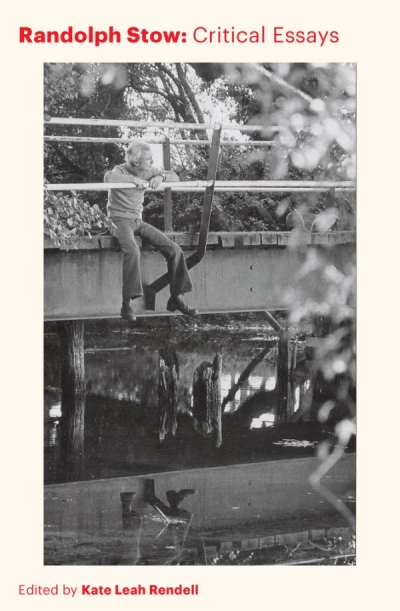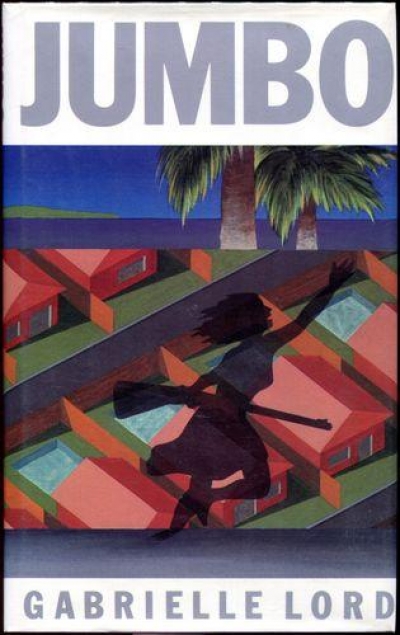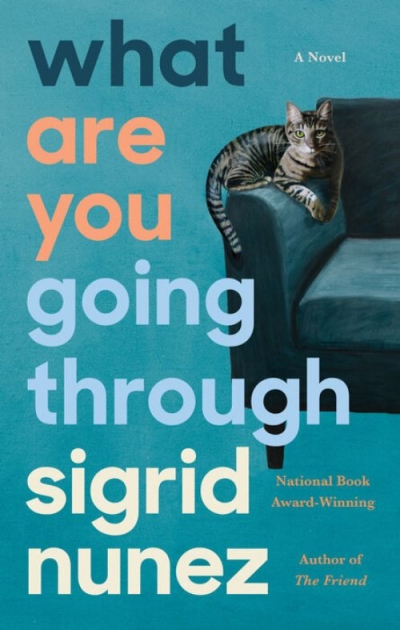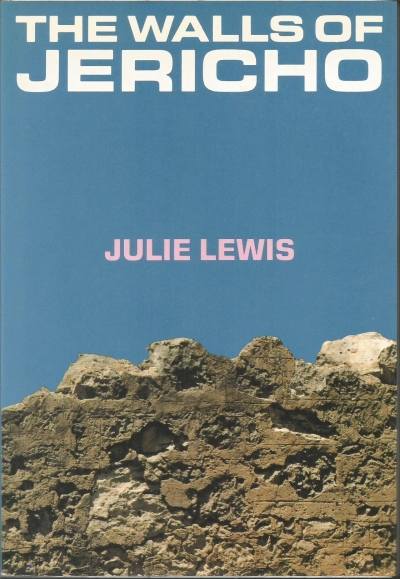Brenda Walker
Brenda Walker is Emerita Professor of English and Literary Studies at the University of Western Australia. Her book Reading by Moonlight is a study of reading during illness.
The Labyrinth begins with a woman walking through her childhood home – a decommissioned asylum. In middle age she moves to a run-down house by a wild and dangerous sea, where she notes her vivid and prophetic dreams. The house is convenient because she needs to be close to her son, an imprisoned artist. She befriends a stonemason who offers to carve her a gargoyle (which she refuses). Together t ... (read more)
The point of return in this highly moveable associative novel is the London Underground, not as an instance of efficiency or even the most modest and individual progression, but rather as a static enclosure where creatures and people are delayed, starved, balked, pained by the straps or handles of their baggage and, most overwhelmingly, alone.
... (read more)
A father sits on a couch that is set between the beds of his young sons, who must be eased into sleep with a story. The scene is illuminated by a lamp in the shape of the globe, which is as it should be, for he shows them his world through the simple patterns of these stories: his cherishing of the natural world; his insight into happy reversals of fortune; his humour. The father’s stories are s ... (read more)
In 2011, Bernadette Brennan convened a symposium on ‘Narrative and Healing’ at the University of Sydney, an opportunity for specialists in medicine and bereavement to meet writers with comparable interests. Helen Garner, for example, spoke about Joe Cinque’s Consolation. The day included an audiovisual piece about death as a kind of homecoming, with reference to the prodigal son, and exquisi ... (read more)
The biographer Hazel Rowley enjoyed the fact that her green card – permitting her to work in America – classified her as an ‘Alien of exceptional ability’. This is close to perfect: her own biography in a few words. If not exactly an alien, she was usefully and often shrewdly awry in a variety of situations: in the academic world of the 1990s, in tense Parisian literary circles, and in the ... (read more)
‘Land isn’t always meant to be grasped any more than art is, or dust,’ writes Michael Farrell in the arresting opening sentence of the first essay of Kate Leah Rendell’s Randolph Stow: Critical essays. Stow’s writing shows just how provisional meaning and territoriality can be, and the statement is a fitting beginning to a new book about his work.
Randolph Stow (1935–2010) is a partic ... (read more)
Gabrielle Lord’s novels – Fortress, Tooth and Claw and now, Jumbo, are all topical, readable, and (I expect) highly marketable. Lord is a scriptwriter as well as a novelist and each of these books seems like a transit point between a great idea and the kind of film which makes you lean forward in your seat and temporarily abandon regular breathing. There is, however, much to be said for them, ... (read more)
In 1976, Sigrid Nunez moved into an apartment on Riverside Drive in New York with her then boyfriend, David Reiff, and his mother, Susan Sontag. Nunez is a person who cherishes solitude. In Sempre Susan, her tribute to Sontag, she describes the strain of living with extroverts when her dream, from her teenage years, had been: ‘A single room. A chair, a table, a bed. Windows on a garden. Music. B ... (read more)
At various times in its history, the Australian short story has been predictable, as editorial and public appetites have limited experimentation. I am glad to be reading now, when approval can be conferred on collections as different and as variously excellent as Julie Lewis’s The Walls of Jericho and Peter Skrzynecki’s The Wild Dogs. Lewis’s work is more formally experimental than Skrzyneck ... (read more)


